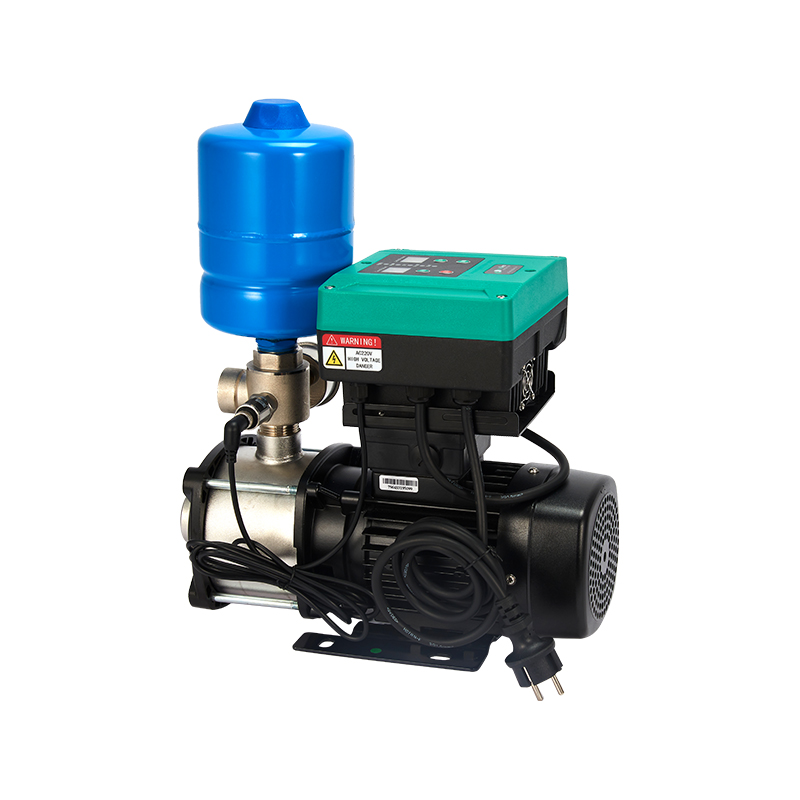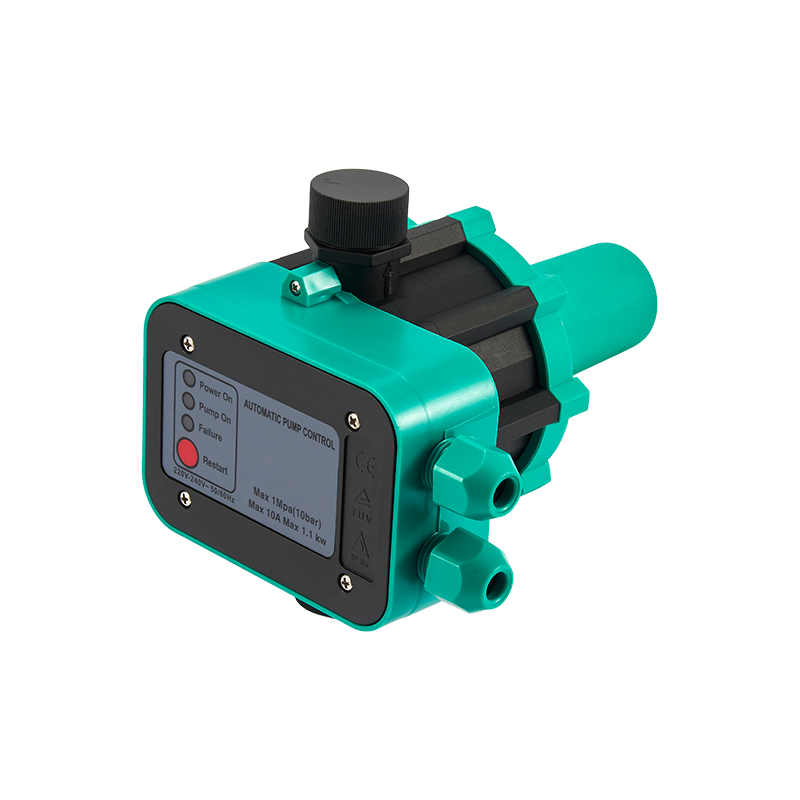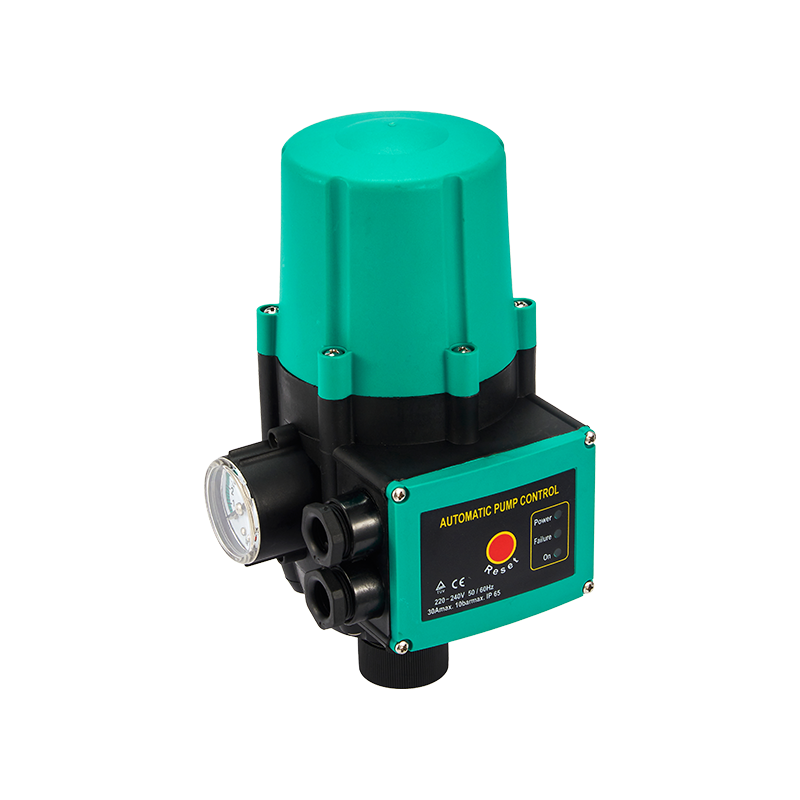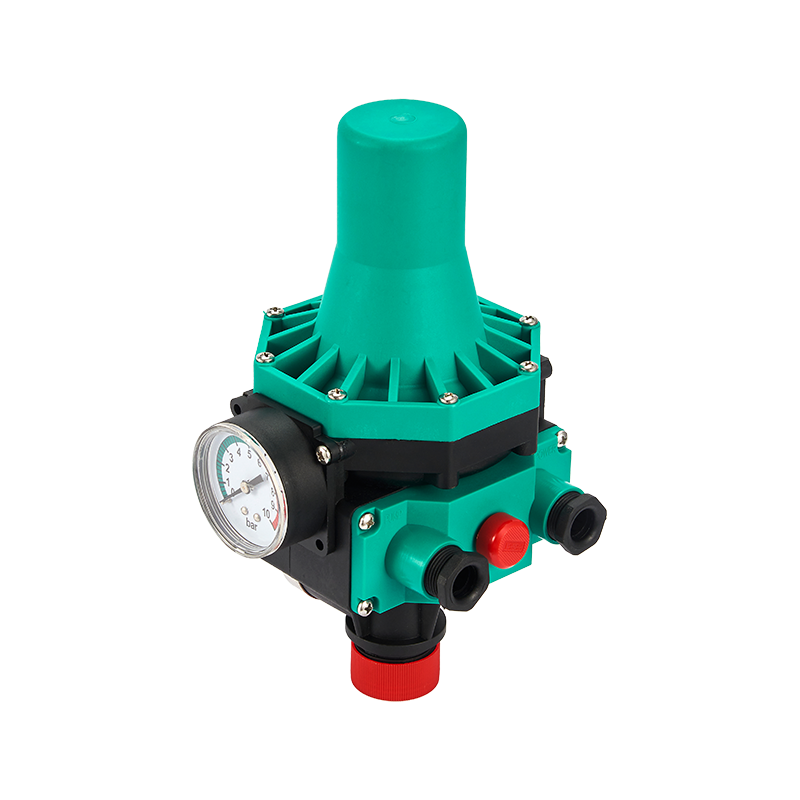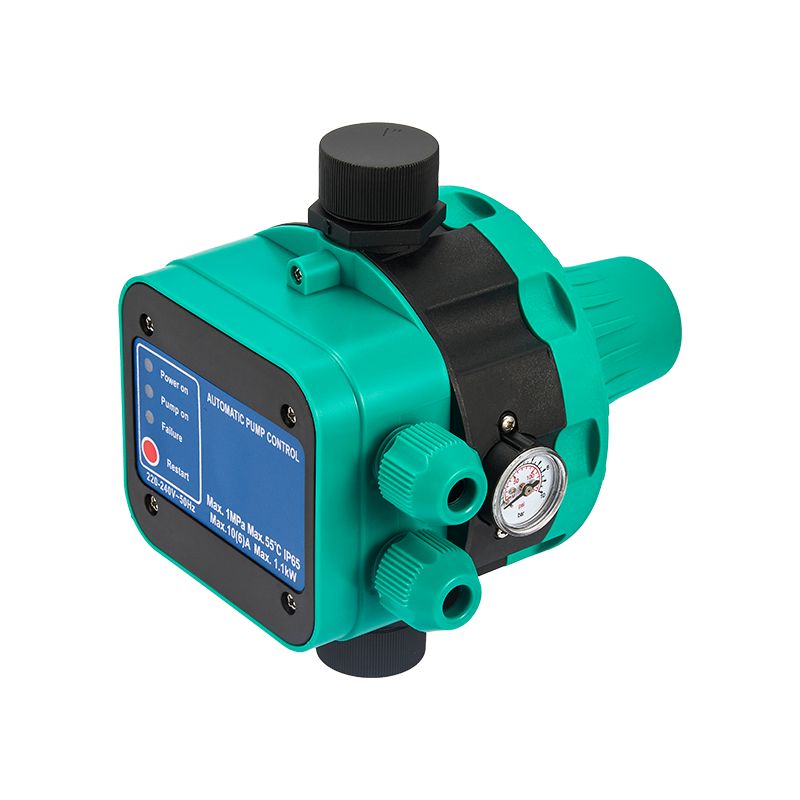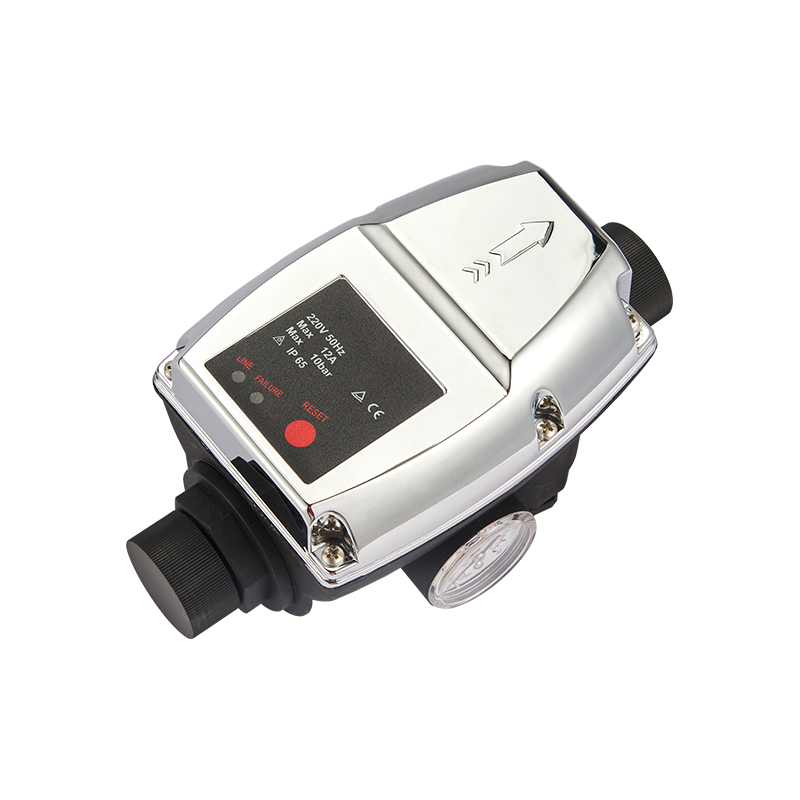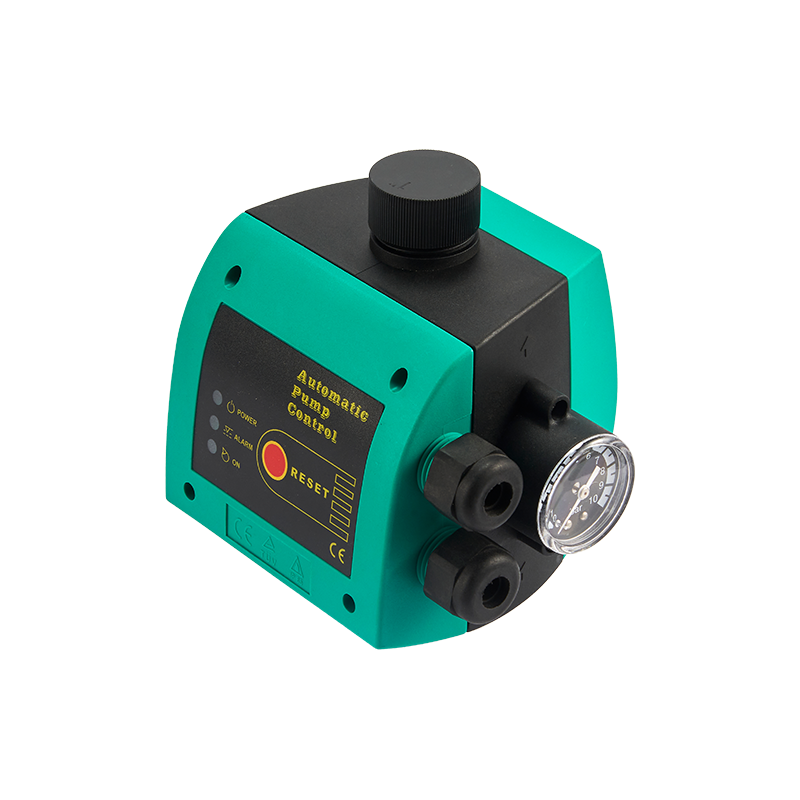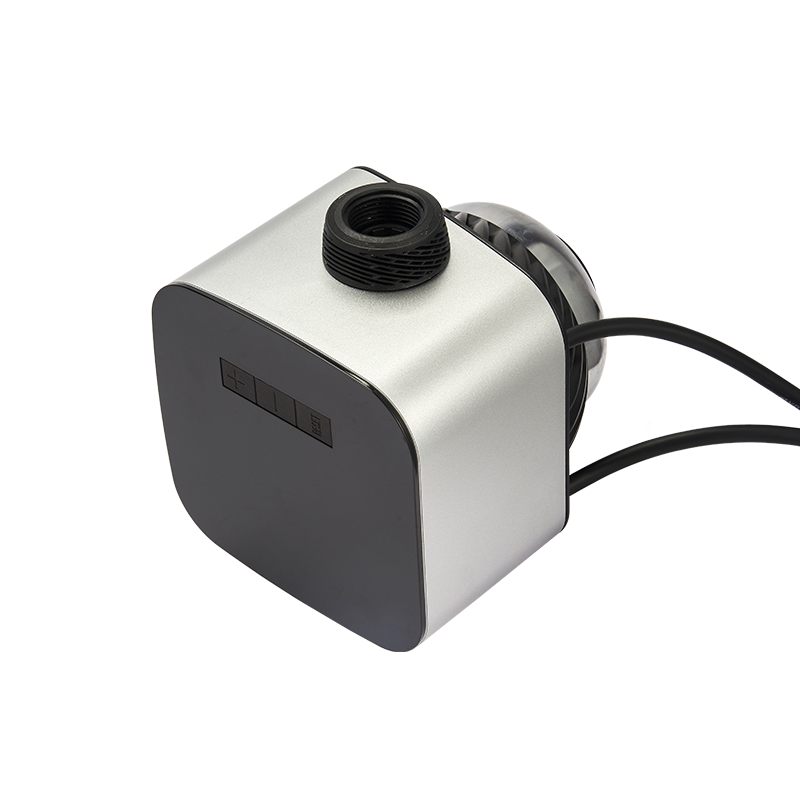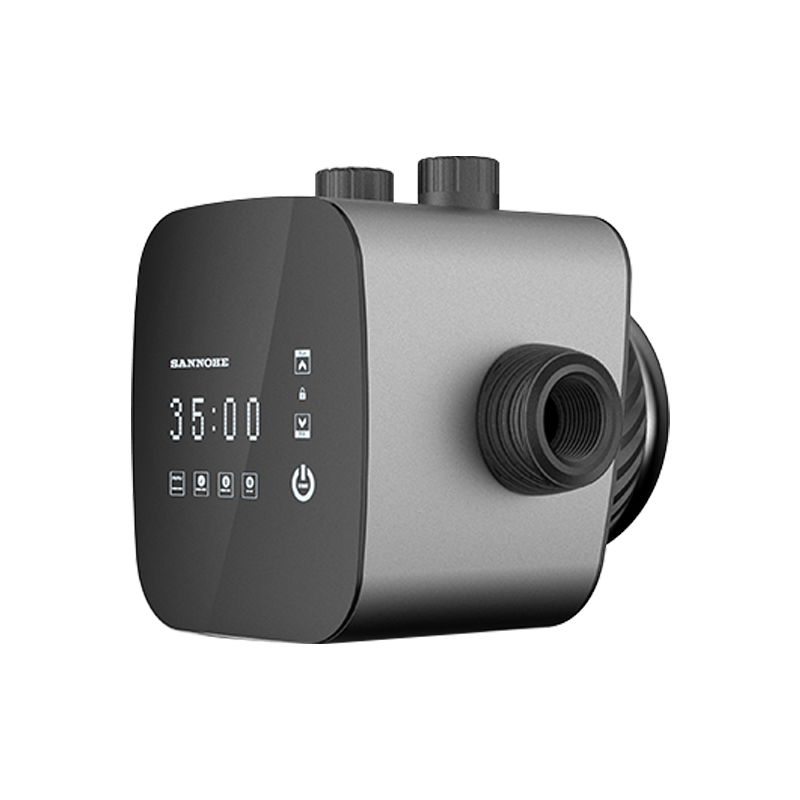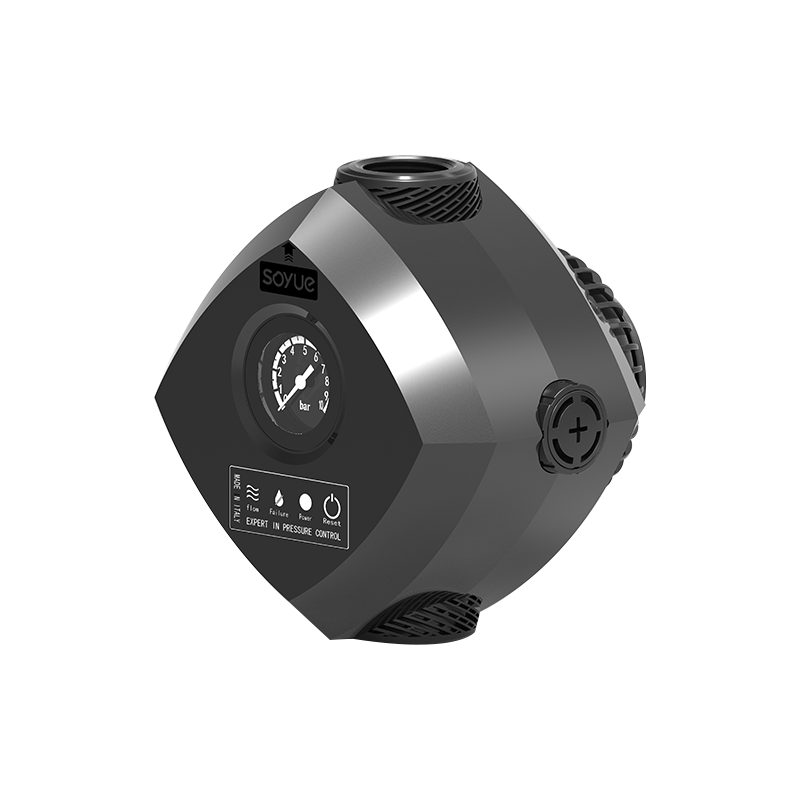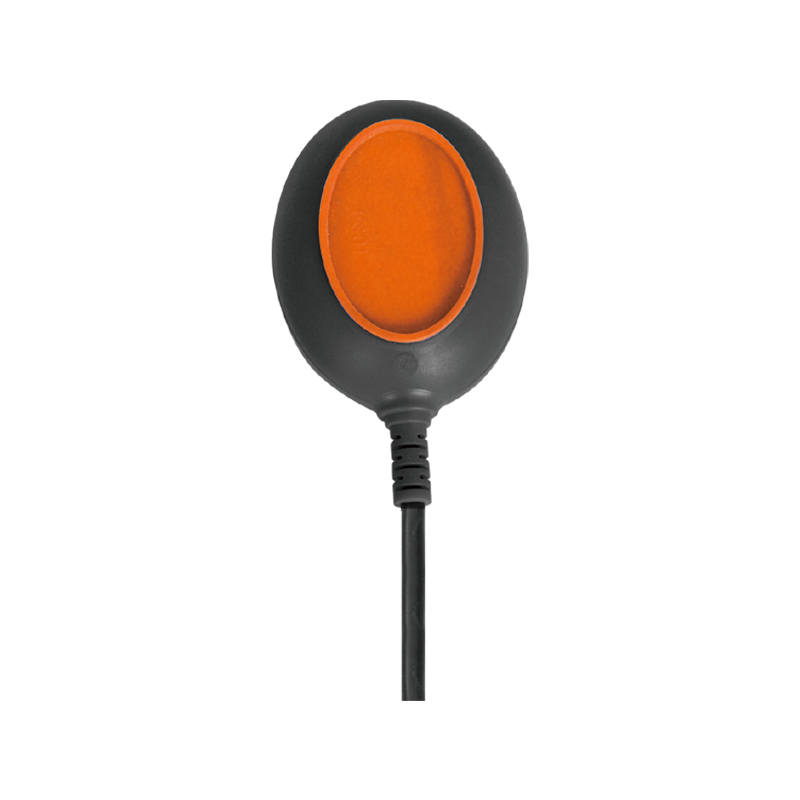Understanding Variable Frequency Controllers
Variable Frequency Controllers, also known as Variable Frequency Drives (VFDs), are electronic devices designed to control the speed of electric motors by varying the frequency of the electrical power supplied to the motor. They are extensively utilized in water systems to regulate pump speed and optimize energy consumption based on the varying demands of the system.
Functionality and Operation
The primary function of
Variable Frequency Controllers lies in adjusting the speed of pumps to meet specific flow requirements. By altering the frequency of the electrical supply, these controllers modulate the motor's speed, enabling precise control over water flow without the need for mechanical adjustments.
Operation Mechanism
Variable Frequency Controllers function by converting incoming AC power to DC and then back to variable-frequency AC power. They achieve this through the use of semiconductor devices, such as insulated-gate bipolar transistors (IGBTs), which control the output frequency and voltage, consequently regulating motor speed.
Applications and Versatility
Water Supply and Treatment Systems
In water supply systems, Variable Frequency Controllers regulate the speed of pumps, ensuring the precise delivery of water to meet varying demands. They find application in water treatment plants, boosting stations, and distribution systems, adapting to fluctuating requirements and conserving energy.
HVAC Systems
In Heating, Ventilation, and Air Conditioning (HVAC) systems, these controllers manage pump and fan speeds, optimizing energy efficiency while maintaining precise temperature and airflow control in commercial and residential settings.
Industrial Processes
Variable Frequency Controllers play a vital role in industrial applications, controlling pumps, compressors, and conveyors. They facilitate process optimization, reducing energy consumption and enhancing productivity in manufacturing and production facilities.
Advantages and Benefits
Energy Efficiency
One of the key advantages of Variable Frequency Controllers is their ability to reduce energy consumption. By controlling motor speed based on demand, they eliminate unnecessary energy usage, leading to significant energy savings and reduced operating costs.
Precise Control and Flexibility
These controllers offer precise control over pump speed, providing flexibility to adjust to varying flow requirements. This adaptability ensures efficient operation across a wide range of conditions, optimizing system performance.
Reduced Wear and Tear
By enabling soft starts and stops and eliminating sudden motor starts, Variable Frequency Controllers minimize wear and tear on motors and associated components. This prolongs the lifespan of equipment, reducing maintenance and replacement costs.
Impact and Future Trends
The impact of Variable Frequency Controllers is evident in their ability to revolutionize energy efficiency in water systems and other applications. Future trends may focus on enhanced control algorithms, improved diagnostics, and advancements in integration with smart systems for remote monitoring and predictive maintenance.
